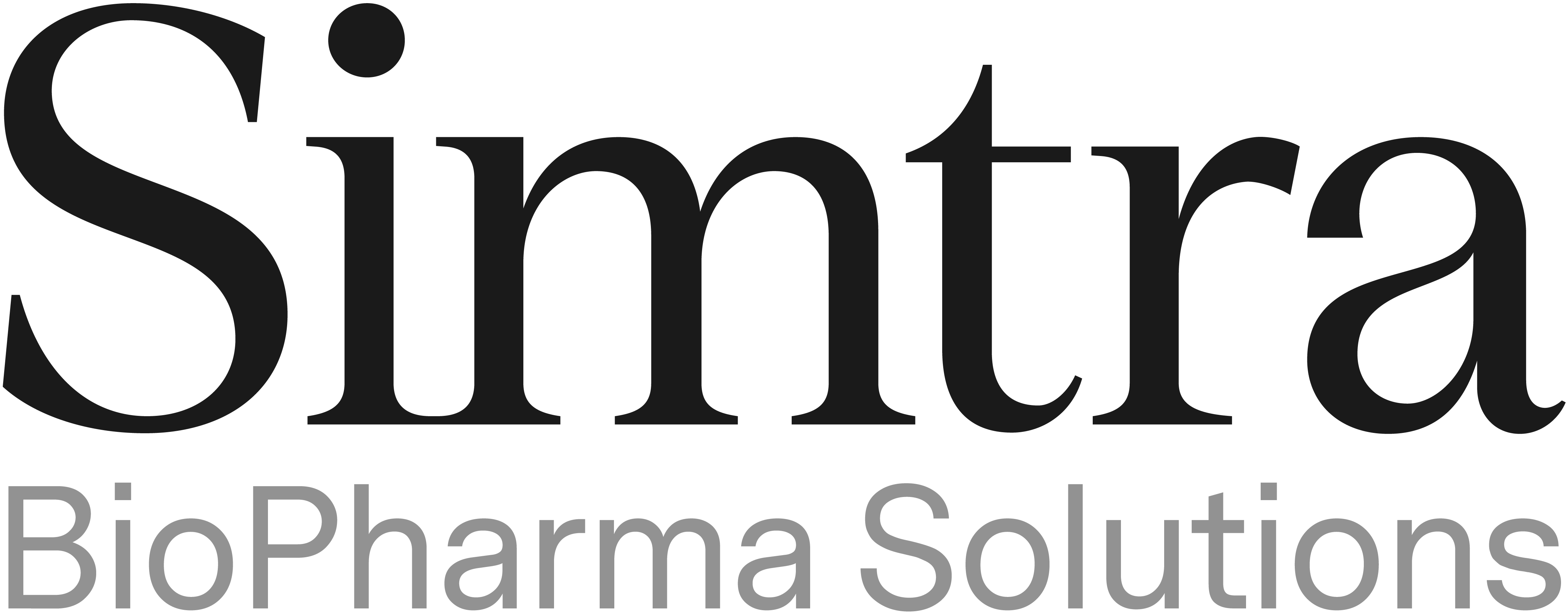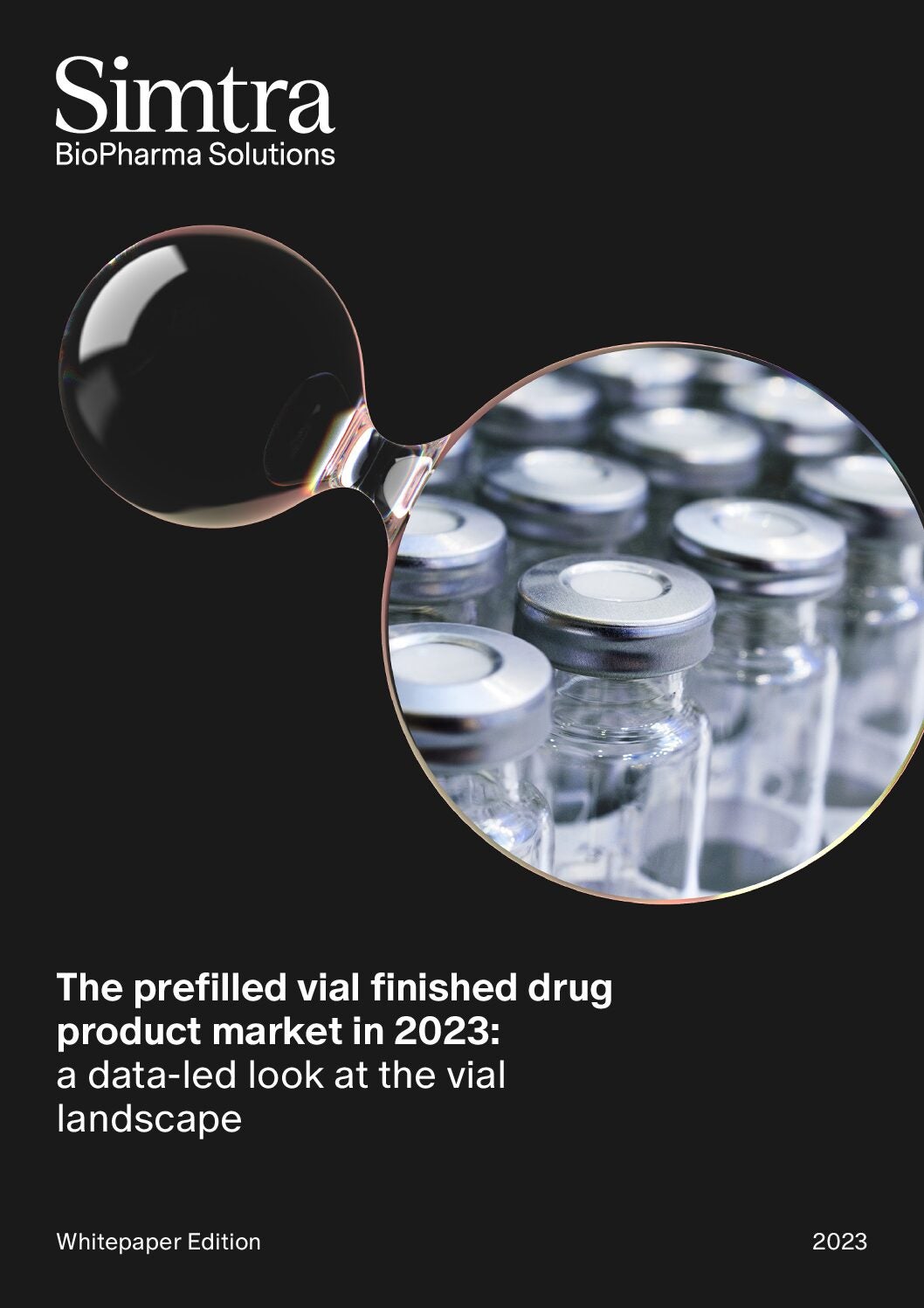
The global demand for liquid vials surged between 2020 and 2022 with the urgent need for Covid-19 vaccines. This placed tremendous pressure on the pharmaceutical manufacturing industry, and many contract manufacturing organisations (CMOs) with vial lines offered support. Demand was expected to remain strong, and major CMOs announced capacity expansions and further investments.
Now, in the pandemic aftermath, the continued high utilisation of all these lines is essential. According to Benoite Angeline, Sr Director of Marketing at BioPharma Solutions (BPS): “Idle capacity is costly. Operators need to be on staff and equipment maintained. The goal of any manufacturing operation is to have high utilisation of all its lines due to absorption. Very few CMO clients are willing to pay reservation fees for capacity they may or may not need in the future.”
The vial landscape in 2023
The current landscape, and how we got here, is explored in detail in a new report by Baxter, a CMO that specialises in the development and contract manufacturing of drug products for sterile injectable pharmaceuticals. The paper, The prefilled vial finished drug product market in 2023: a data-led look at the vial landscape, explores how post-pandemic, there are several reasons why pre-filled vials will remain in demand.
A key reason why vials are the preferred platform for product development is that almost every drug development project starts in a vial.
According to Angeline: “Drugs in Phase I or Phase II of clinical trials are not typically filled in syringes, but rather in vials, as that container system offers the flexibility required to test different concentrations and/or fill volumes while the dosing is still being refined, as well as to provide batch sizes for different target patient groups.”
In addition, as product modalities become more complex, with the shift from small molecules to biologics and other constructs, we are seeing a greater need for container systems that can accommodate less stable, more sensitive molecules, including mRNA, DNA and nucleotide-based constructs, as well as complex proteins.
Lastly, vials are more contained platforms than other packaging types and are much safer when it comes to filling highly potent molecules, such as those used in oncology drugs.
Outsourcing complex biopharma packaging
Many biopharmaceutical companies with drug products that require specialised handling choose to outsource fill/finish services to a CMO, as they simply do not have the in-house capability to manage these complex products properly.
CMOs with the capability to handle highly potent molecules, specialised equipment, and environmental conditions including isolator technology and SafeBridge Certification will have a competitive advantage in the market.
It is not the technology alone that sets a CMO apart as an ideal partner; biopharma companies are also looking for the expertise to reach the market as quickly as possible with a quality product. An experienced CMO can expedite component and equipment sourcing, and find creative ways to speed up timelines, such as parallel path activities.
In-depth analysis
Covid-19 was the catalyst for the boom in global vial-manufacturing capacity, but it will be the surge in innovative complex biopharmaceuticals that sustains demand. CMOs that can offer a rich variety of experience and adaptability will continue to drive the industry forward.
BioPharma Solutions specialises in partnering leading pharmaceutical and biotech companies on the development and contract manufacturing of drug products for injectable pharmaceuticals. For a data-led analysis of the prefilled vial market in 2023, including expert insight from BioPharma Solutions and market research from GlobalData, download the whitepaper below.



